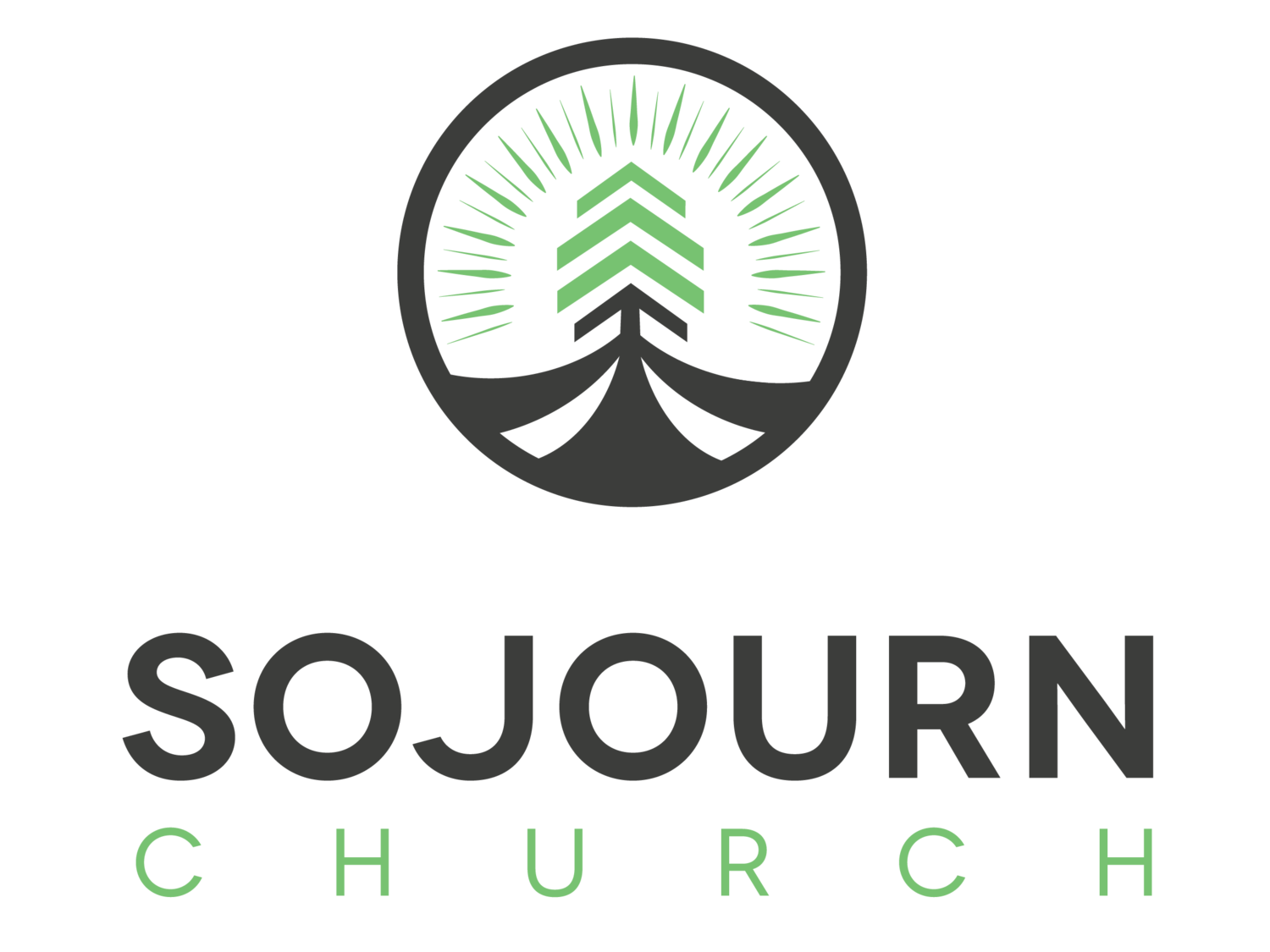“Everyone who believes is justified through him from everything that you could not be justified from through the law of Moses.” (v. 39)
How many things have you tried?
If you’re like me, then you’ve tried morals. And you’ve tried church participation. And you’ve tried giving. If you’re like me, then you’ve tried every kind of friendly, religious, good-person thing.
How many things have you tried, hoping that they would free you?
Yet freedom isn’t found in them. No matter how many good things you pursue and pile up, the awful reality of your sin-debt remains. Whether it’s the sacrificial system under Moses or a culturally “Christian” morality, none of it affords the freedom we long for, the forgiveness we need.
It only comes in Christ, who justifies us. It only comes in Christ, who frees and forgives. It only comes in Christ, who is sufficient.
So, instead of all that trying, turn to Him in faith.
— Tyler
